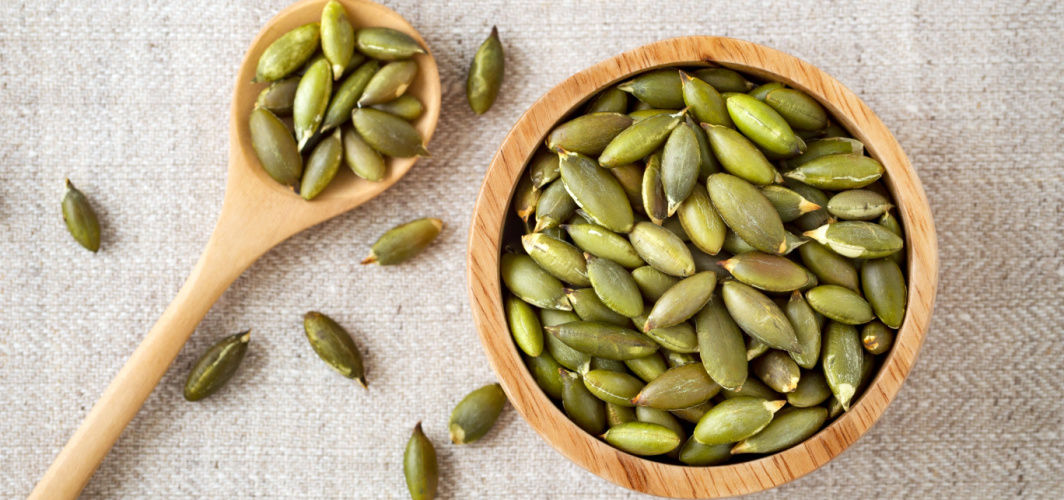General Health
Jaggery Vs Refined Sugar: Which Is The Healthier Sweetener?
4 min read
By Apollo 24|7, Published on - 22 May 2023, Updated on - 16 June 2023
Share this article
0
0 like

Jaggery and refined sugar are two common sweeteners used in households across the globe. However, there has been a growing concern about the harmful effects of refined sugar on our health. This led many people to switch to healthier alternatives such as jaggery. But, is jaggery really a better option than refined sugar? In this article, we will explore the differences between the two and provide an answer to this question.
What is Jaggery?
Jaggery, also known as "gur" in Hindi, is a traditional non-centrifugal cane sugar consumed in many countries in Asia, Africa, and Latin America. It is made by boiling sugarcane juice until it solidifies and then shaping it into blocks or cones. Jaggery comes in different varieties and colours, ranging from light brown to dark brown, depending on the processing method.
The Benefits of Jaggery over Refined Sugar
1. Nutritional Value
Jaggery is packed with essential vitamins and minerals absent in refined sugar. It contains iron, magnesium, and potassium, which are important for maintaining healthy blood pressure, promoting healthy digestion, and preventing anaemia. Jaggery also has a low glycemic index, which releases sugar slowly into the bloodstream, preventing sudden spikes in blood sugar levels.
2. Better Digestibility
Jaggery is easier to digest than refined sugar because it involves no chemical processing. Refined sugar undergoes multiple processing stages, which strips away the natural fibre and nutrients, making it harder to digest. On the other hand, jaggery retains its natural fibre, aiding digestion.
3. Natural Sweetener
Jaggery is a natural sweetener, whereas refined sugar is highly processed. Jaggery is free from chemicals, additives, or preservatives, making it a healthier alternative to refined sugar. It is also a better option for those who prefer to consume natural foods.
4. Rich in Antioxidants
Jaggery is a good source of antioxidants, which help protect the body against oxidative stress and damage caused by free radicals. Antioxidants play a crucial role in maintaining overall health and reducing the risk of chronic diseases.
5. Boosts Immunity
Jaggery contains certain minerals and vitamins known to strengthen the immune system. These include zinc, selenium, and vitamins like vitamin C and vitamin B-complex. A robust immune system helps the body fight infections and illnesses more effectively, especially during the winter season.
6. Respiratory Health
Jaggery is often used in traditional remedies to alleviate respiratory problems such as asthma, bronchitis, and cough. It is believed to help cleanse the respiratory tract and relieve congestion.
7. Blood Purification
Jaggery is known for its blood-purifying properties. It helps remove toxins from the blood, improve blood circulation, and maintain healthy liver function. Regular consumption of jaggery may contribute to the overall detoxification of the body.
The Drawbacks of Jaggery
1. High-calorie Content
Jaggery is high in calories, just like refined sugar. Therefore, it is not recommended for those on a low-calorie diet. Notably, 1 gram of jaggery contains four calories, similar to refined sugar's calorie content.
2. High Glycemic Index
Although jaggery has a lower glycemic index than refined sugar, it is still high in glucose and fructose, which can raise blood sugar levels. Therefore, it is not recommended for people with diabetes or those with insulin resistance.
3. Short Shelf Life
Unlike refined sugar, jaggery has a shorter shelf life and can quickly spoil if not stored properly. Exposure to moisture or high temperatures can cause it to ferment and develop mould. Therefore, storing jaggery in an airtight container in a cool, dry place is important.
In a nutshell, jaggery is a healthier alternative to refined sugar due to its nutritional value, natural sweetness, and better digestibility. It is an excellent source of essential vitamins and minerals that are beneficial for maintaining a healthy body. However, it is not suitable for those on a low-calorie diet or for people with diabetes or insulin resistance due to its high calorie and sugar content. Therefore, it is essential to consume jaggery in moderation and as part of a balanced diet.
You must remember, excessive consumption of any sweetener, including jaggery, can lead to health issues such as weight gain and diabetes. It is always best to consult a healthcare professional or a registered dietitian for personalised advice on your dietary needs.
Talk To Apollo’s Expert Dieticians
Medically reviewed by Dr Sonia Bhatt
General Health
Leave Comment
Recommended for you

General Health
Early Warning Signs of Liver Damage: What You Should Know
Learn about the early signs and symptoms of liver damage. Early detection is crucial for preventing further damage and maintaining liver health.

General Health
How Much Protein Should You Consume Every Day To Build Muscles?
When it comes to building muscles, protein consumption plays a very important role. But if you are uncertain about how much protein to consume per day to build muscle, read this blog as it will guide you on your muscle-gaining journey.

General Health
7 Health Benefits Of Pumpkin Seeds
Discover the numerous health benefits of pumpkin seeds, from improved heart health to enhanced immunity.
Subscribe
Sign up for our free Health Library Daily Newsletter
Get doctor-approved health tips, news, and more.
Visual Stories

Science-backed Home Remedies for Burns and Blisters
Tap to continue exploring
Recommended for you

General Health
Early Warning Signs of Liver Damage: What You Should Know
Learn about the early signs and symptoms of liver damage. Early detection is crucial for preventing further damage and maintaining liver health.

General Health
How Much Protein Should You Consume Every Day To Build Muscles?
When it comes to building muscles, protein consumption plays a very important role. But if you are uncertain about how much protein to consume per day to build muscle, read this blog as it will guide you on your muscle-gaining journey.

General Health
7 Health Benefits Of Pumpkin Seeds
Discover the numerous health benefits of pumpkin seeds, from improved heart health to enhanced immunity.
